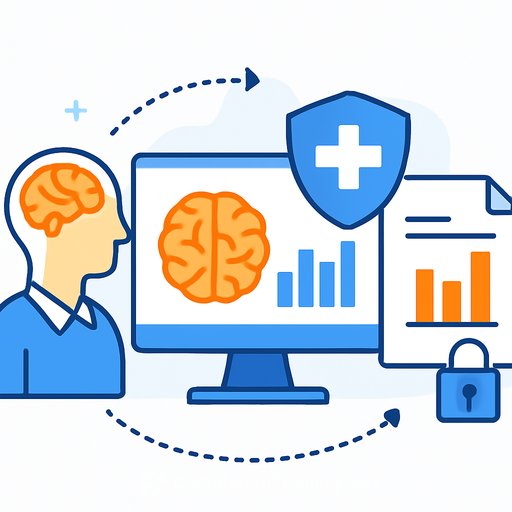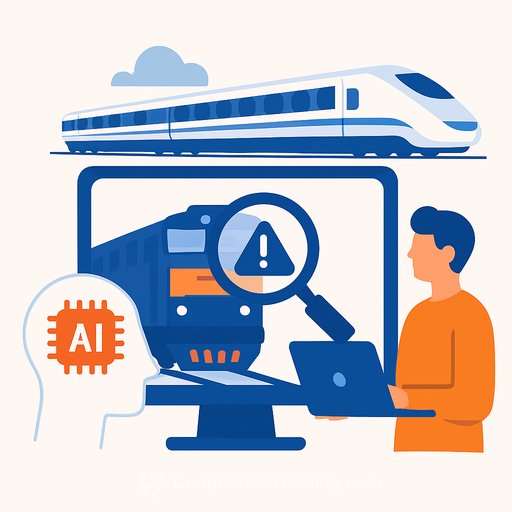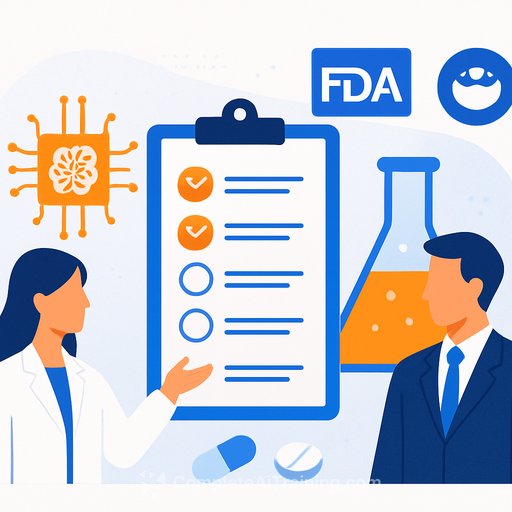UPMC Enterprises x Penguin Ai: Turning real-world data into a faster, safer AI pipeline
Healthcare doesn't suffer from a lack of good algorithms. It suffers from slow, fragmented access to trusted data. That delay kills promising models before they ever touch a clinical workflow.
UPMC Enterprises and Penguin Ai are tackling that head-on. Penguin Ai now has strategic access to Ahavi, UPMC Enterprises' secure, de-identified data and analytics platform, so teams can test healthcare AI against real clinical patterns in weeks instead of years.
The bottleneck: Data access, not model quality
Most AI teams wait months to get usable data, pushing validation far down the road. Governance reviews, privacy checks, and technical silos stall progress even when the tech is ready.
Ahavi compresses this cycle to two to four weeks by providing governed access to longitudinal, de-identified datasets without touching live systems. That turns "great idea, someday" into "working prototype, this quarter."
What Ahavi is (and why it matters for dev teams)
Ahavi is a secure real-world data and analytics platform that aggregates de-identified patient records across the UPMC network into a single, governed environment. Every record is de-identified and curated to keep utility without risking privacy.
The core principle: bring code to the data. Teams run analytics and ML pipelines inside Ahavi's safe compute sandbox. No data extracts, fewer custom ETL jobs, and a cleaner audit trail. Startups and large enterprises get the same environment, making collaboration predictable and repeatable.
- De-identified, longitudinal datasets (months to years)
- Governed sandboxes with auditability
- Harmonized data models for analytics and ML
- Compute where the data lives (no data egress)
What the partnership is building
Penguin Ai will create and validate at least three healthcare systems inside Ahavi, starting with:
- Patient 360: a fast snapshot of a patient's medical record to support clinical decisions.
- Enhanced Prior Authorization: reduce administrative drag and help clinicians move care forward sooner.
The shared goal is clear: strengthen the doctor-patient relationship and improve access to care by removing operational friction. Ahavi acts as the data access acceleration layer so Penguin Ai can iterate on models quickly while staying compliant.
Why this approach works (for IT, data, and ML leads)
- Speed with guardrails: Two-to-four-week data access SLAs cut cycle time without compromising privacy.
- Bring-code-to-data: Eliminate risky exports and brittle one-off pipelines.
- End-to-end traceability: Governed sandboxes, logs, and reproducible runs from POC to validation.
- Real-world fidelity: Longitudinal, representative data improves generalization and churn resilience.
- Operational fit: Model testing happens in an environment that mirrors clinical complexity.
Expected outcomes
Penguin Ai targets the $1 trillion lost to administrative inefficiency each year. Ahavi amplifies that mission by collapsing model development timelines so teams can ship validated systems faster.
Shorter time-to-insight means continuous iteration on reliable longitudinal data. That leads to models that are accurate, explainable, and responsive to change-exactly what healthcare operations need to make a dent in cost and throughput problems.
A blueprint teams can reuse
- Stand up safe compute: Run code where the data lives; default to no egress.
- Codify de-identification: Align to expert determination and document risk controls. See HIPAA de-identification guidance.
- Set a two-week access SLA: Pre-approved data products and reusable governance checklists.
- Shift-left governance: Bake reviews into CI/CD for data, features, and models.
- Operationalize evaluation: Define ground truth, drift checks, and bias tests before training.
- Adopt a risk framework: Map controls to an industry model like the NIST AI RMF.
What this signals for healthcare AI
Responsible acceleration is possible. Governance and agility can live side by side if you engineer for both from day one. Ahavi provides the infrastructure; Penguin Ai brings the clinical and technical muscle to turn it into working systems.
The endgame: trustworthy AI development in weeks, not years-and a cleaner path to real impact on cost, capacity, and patient access.
Level up your team's AI execution
If you're formalizing skills for data analysis, ML, and operational AI in healthcare, explore focused learning paths and certifications that match your roles: AI courses by job role.
Your membership also unlocks:






